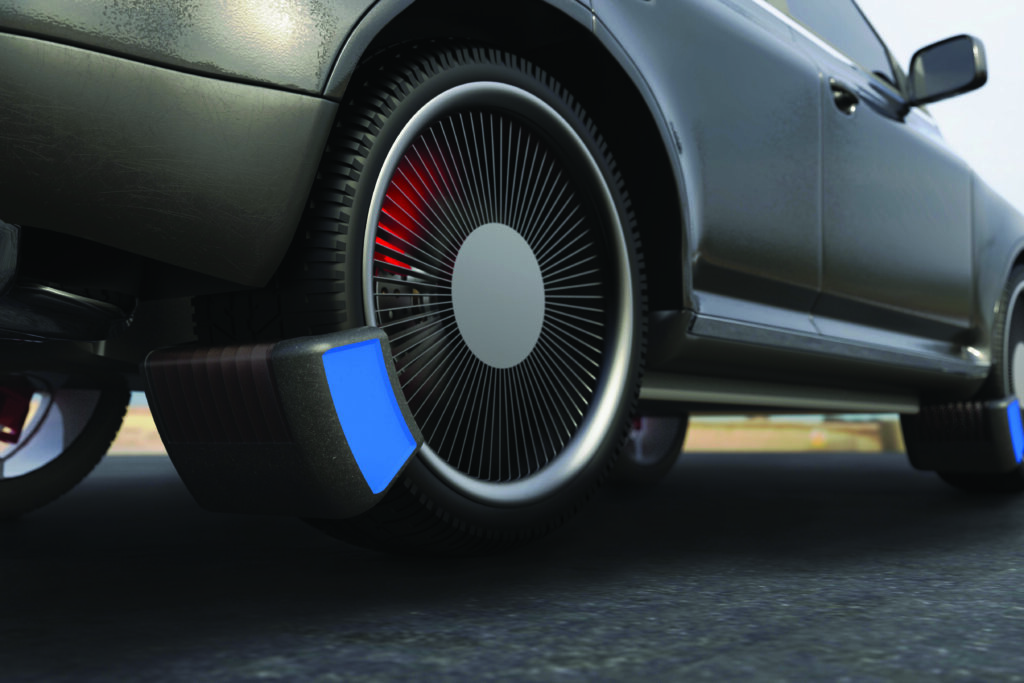As much as half the particulate emissions from a car, come from they tyres. While electric cars are far cleaner, this particulate emissions is particularly dangerous, to health so this move to do something about it is very good.

The idea is that a device is placed behind each wheel, and is statically charged, allowing it to collect most of the waste. The waste can then be recycled into tyres of into other things. Tyre wear accounts for about 28% of oceanic micro plastics, so it is an area we need to deal with – particularly because with their heavy battery electric vehicles wear down tyres much faster.
Most drivers on petrol engine cars, wouldn’t dream of driving without a catalytic converter – hopefully in the future the same will be said for tyre dust collectors. They should be on the market in the next few years.















